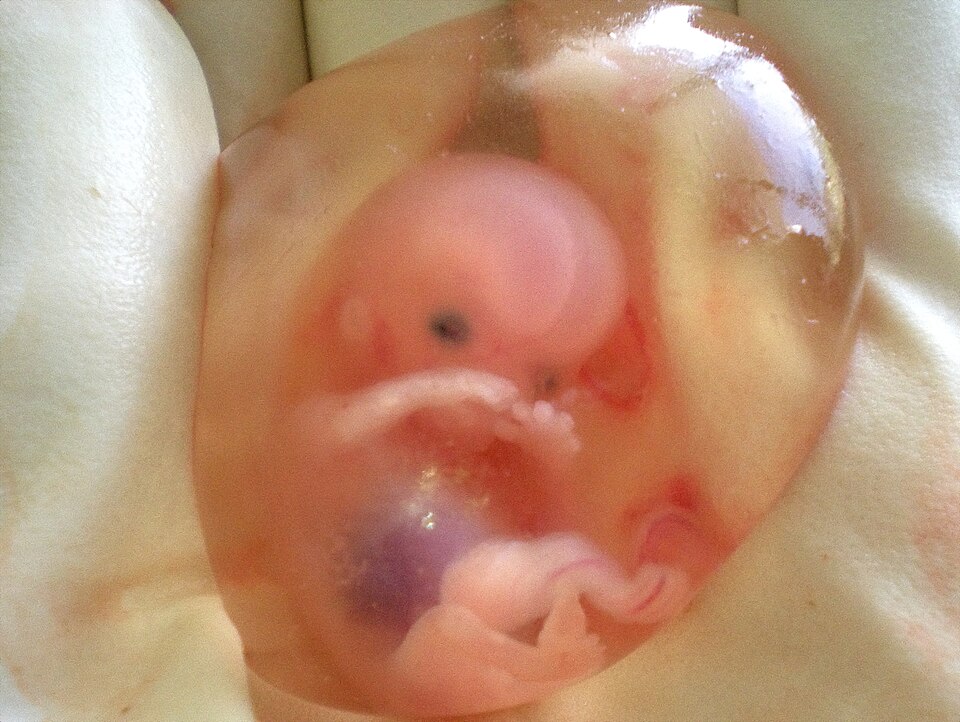Abortion, International Politics
The German Abortion Wars
On July 11, the abortion debate in Germany suddenly and unexpectedly exploded.
It was the final day before the Bundestag’s parliamentary summer recess, and the nomination of three new judges to the Federal Constitutional Court was slated for a vote. Judicial candidates are nominated by political parties and must receive a two-thirds majority. The process is routine and usually proceeds without incident.
One of the candidates, Frauke Brosius-Gersdorf, is a professor of public law at the University of Potsdam who had advocated for the liberalization of Germany’s abortion laws. As First Things reported, Brosius-Gersdorf wrote in 2024 that “The assumption that human dignity applies wherever human life exists is a biological-naturalistic fallacy. Human dignity and the protection of life are legally decoupled.”
Abortion is illegal in Germany but, since 1995, has been permitted up until 12 weeks of pregnancy, and about 100,000 abortions occur every year. The German pro-life movement has been growing in strength over the past several years, and several organizations lobbied parliamentarians with their concerns about Brosius-Gersdorf. The Christian Democratic Union, which holds the “inviolable dignity of human beings in every phase of their development” as one of their party’s values, pulled their support for her nomination.
“She wants to implement a graduated right to life for unborn children according to their age—until 12 weeks, no right to life if the mother decides to have an abortion,” Alexandra Linder, the leader of Germany’s main pro-life federation Bundesverband Lebensrecht (BVL) told me. “We informed the Christian-Democratic parliamentarians, and they voted against her.”
In the fractious debate on July 11, Chancellor Friedrich Merz made a serious error. When Beatrix von Storch of the conservative AfD (Alternative for Germany) asked the chancellor if he could support a judicial candidate who “said that a child who is nine months old does not have human dignity before birth,” Merz replied, “Yes.”
“That was a great mistake made by the chancellor,” Linder said. “His own parliamentarians in the CDU and CSU were shocked; you could see that on the screen. I think he just underestimated the reaction to this wrong, laconic answer. That was the point at which the majority of his faction said ‘no’ to that candidate. The position of the CDU/CSU parliamentarians is ethically much better than among the Left.”
Brosius-Gersdorf withdrew her candidacy on August 7th, stating that the SPD and other leftist parties had stood by her “to the end,” but that her nomination was becoming a dangerous source of division within the governing coalition, which she sees as essential to preventing the ascendance of the AfD. Brosius-Gersdorf, incidentally, also supports banning the AfD.
That the abortion debate derailed a major judicial nomination and divided Germany’s governing coalition is an indication of the growing strength of the pro-life movement. “More and more people ask the right questions and are interested in the discussion because abortion, assisted suicide, organ donation, and surrogacy are very current debates, also thanks to our decades of work,” Linder told me.
READ THE REST OF THIS COLUMN AT THE EUROPEAN CONSERVATIVE








